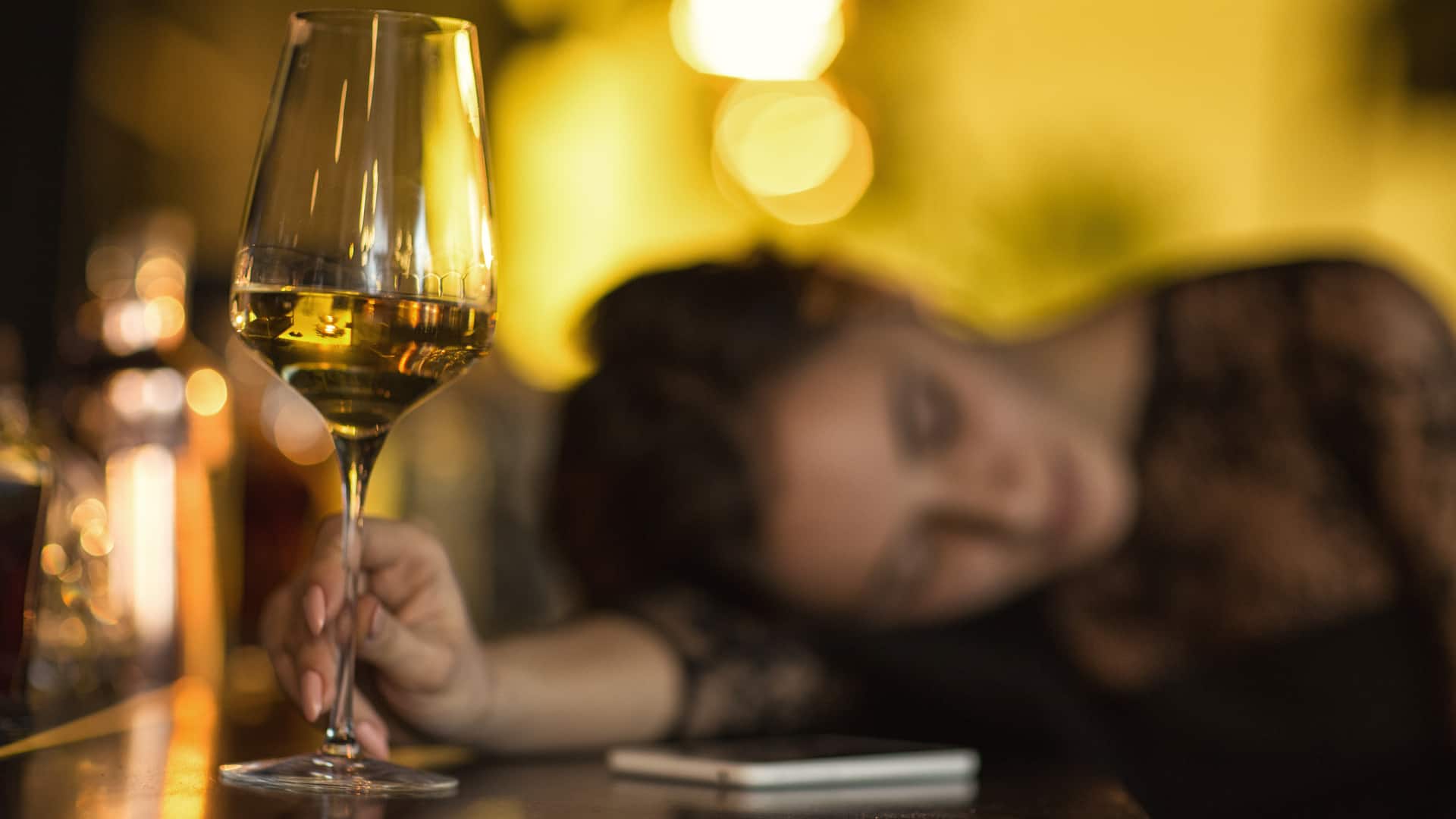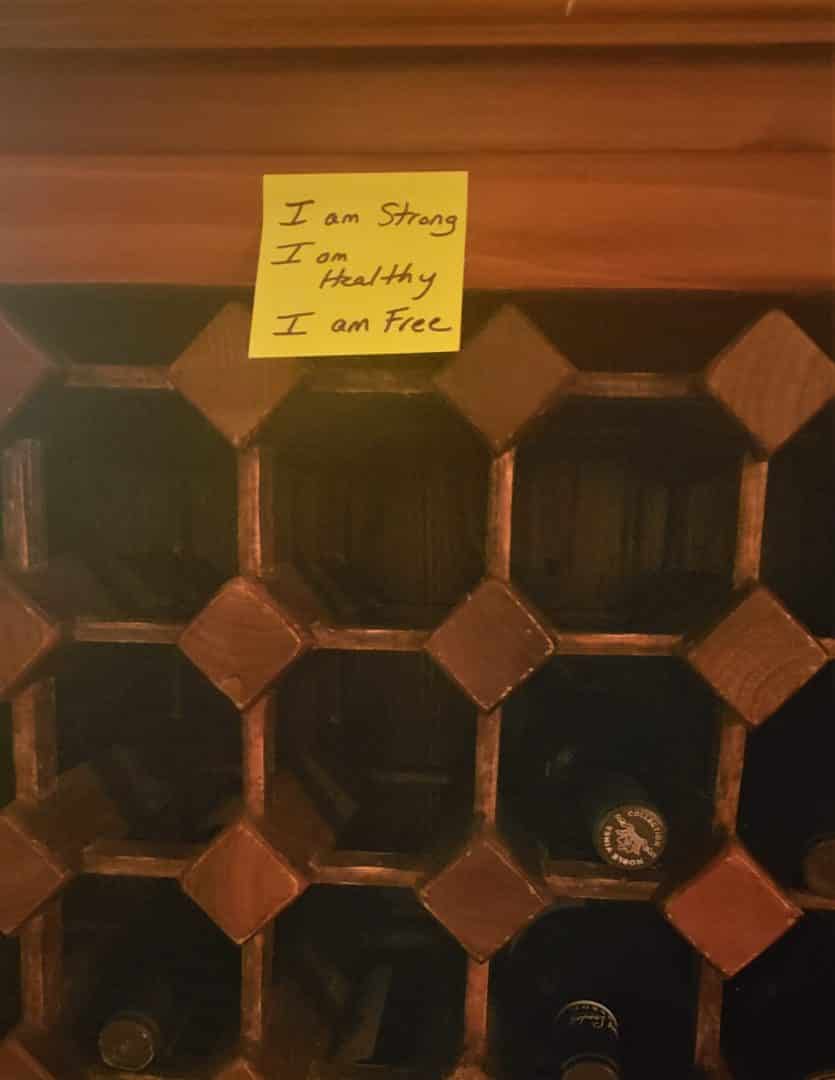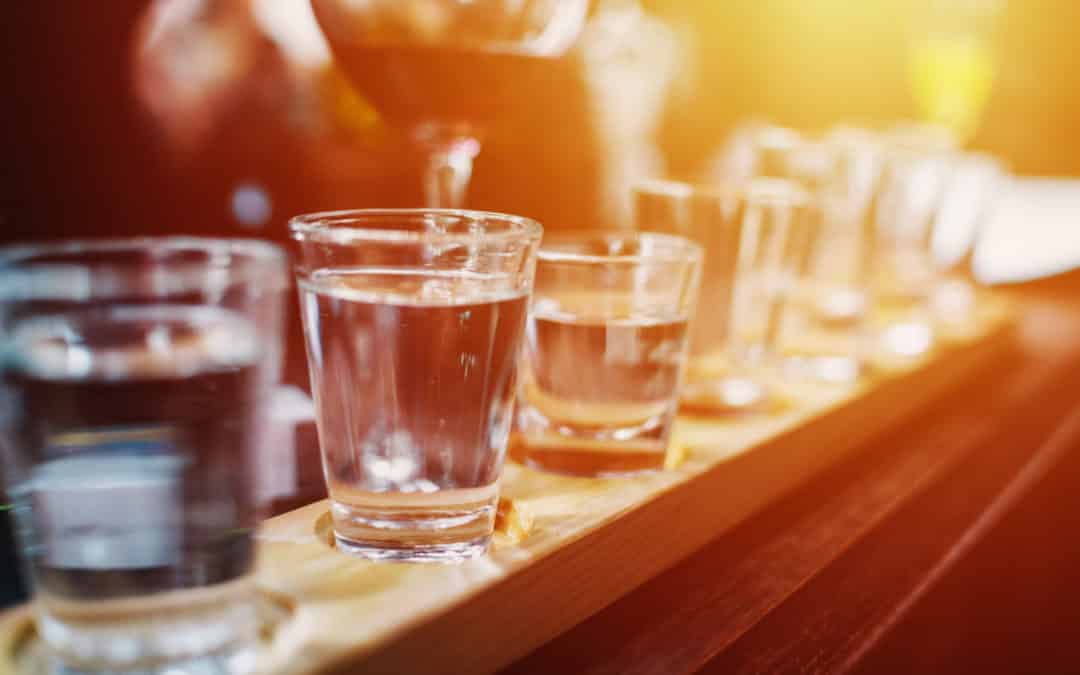I see one of my lunch regulars, Bob, as I head back out to the floor with two glasses of White Zinfandel for my “ladies who lunch” table. Please have them leave me more than a $2.00 tip today, I pray silently.
I drop off the wine and head to Bob’s table.
“Happy Friday,Bob,” I say with a genuine smile, not just my waitress smile. I like Bob.
“How are you today?” I ask
“Good,” he says. “How are you holding up?”
“I am surviving,” I respond.
“Margaret, I want you to meet my client, John,” Bob says, indicating to the man across the booth.
“Great to meet you, John. Bob is one of my favorite guests, “ I say with all sincerity, but also to give Bob a little ego boost.
John nods but no response. Wow, a rough crowd for both me and Bob. This man needs to relax, I think.
“So can I bring you boys a drink while you review the menu? Bob, I’m assuming you want your regular?”
“Yes, please,” Bob winks.
“Oh, we’re having a drink?” John asks. “That is great news. I will have a gin and tonic with lime.” He finally breaks a smile.
“Do you have a preference of gin?” I inquire.
“Of course. I’d like Beefeater.” John states.
“Sounds good. Also, just want you both to know we do have a couple of specials not on our fresh sheet. Clam chowder is our soup, which is one of our signature dishes. And the chef has created a squid ink fettuccine with fresh crab in a lemon cream sauce that is absolutely incredible,” I explain.
Adding, “I’ll be back with your drinks in a flash.”
Helping an alcoholic fit into society
I punch in the drink order and head to the bar.
“Hey Jeff,” I greet the bartender. “That order I just put in for a beefeaters and tonic and then just a tonic with lime. Make them look exactly the same. Put tonic in a tumbler not a soda glass, please. It’s for Bob.”
“Ah, got it,” Jeff nods.
“Thanks – I owe you,” I say as I walk back out to my section to check on my other tables. Jeff knows there’s a tip in it for him, and Bob always gives me a large tip, so I’m good.
It’s a simple thing I do for Bob. Help him not have to talk about the fact he doesn’t drink. To help him look like every other businessman (and the rare woman) having lunch at this expensive, waterfront seafood restaurant in Seattle.
When I first met Bob, he came to lunch alone. We started chatting, and before we both knew it, he was telling me he was a recovered alcoholic. But he was always having to take clients out to “two drink” lunches, which he hated.
And that was when we made our pact. I would always ask if he wanted his “regular”, and I would make sure his tonic water was served in the same glass as the alcoholic drinks. It was a win win.
Society makes drinking alcohol a requirement
I was recently reminded of Bob as I read the book: This Naked Mind, by Annie Grace.
The book discusses how alcohol, unlike any other drug, is a societal requirement. Every party, dinner, business gathering, sales discussion, girls night out, or any other event, is assumed to include alcohol. In fact, we often depend on it.
Meanwhile, if you don’t drink at any of these gatherings, people almost always ask why. Because, after all, doesn’t everyone want a drink at the end of a hard day or over the weekend or during a football game?
That’s why non drinkers or recovered alcoholics, or people just trying to not drink so much, have to come up with a ploy. A way to fit in. Like Bob. It’s sad but true. I often will drink club soda with lime.
Regardless, you always have to answer the question: “Why aren’t you drinking?” And when you tell them you are trying to cut down or just not drinking for a while, they immediately go into a diatribe of why they like alcohol. Or, I’ve even had people question me for my choice of abstinence.
My daughter, who’s going to medical school and has been moderating her own drinking, recommended the book to me months ago. But I forgot about it. Then, during a recent search on Amazon, the book came up again. I was looking for something to help me deal with alcoholism in our family, which I’ve always assumed is in our Irish genes.
My father was an alcoholic, and died much too young. Because of him and the amount of drinking I witnessed my entire childhood, I’m hyper-sensitive to the whole topic and how many people drink too much, too easily.
However, that never stopped me from drinking.
Isn’t moderate drinking of red wine actually good for you?
In my own mind, I am above the fray of those people who down a million beers or drink hard alcohol. I tell myself that I am in control, and I model moderate, “healthy” drinking habits for my children and team.
I don’t drink more than two drinks in one sitting, and I only drink red wine. Well, and Rose, which is from red grapes. And only French Rose, because it’s more “pure”.
It’s the “healthy” alcohol, I tell myself. Many articles even confirm that. Turns out, red wine provides zero heart health benefit. WTF?
Justifications aside, if I’m to be honest, I was and have been drinking a LOT of red wine. It has become part of my persona. Margaret loves red wine. Everyone knows that.
I have a sign in my kitchen that reads, “I love cooking with wine. Sometimes I even add it to the food.” My son gave me a dish towel for my birthday that says, “The first thing on my bucket list is to fill my bucket with wine.”
Specifically, I like expensive red wine, ideally from Italy or France. Big, bold, earthy red wines. “Boujee” wines, as my children call it.
The author of This Naked Mind calls bullshit on all of this (my words not hers).
Grace simply states that Alcohol is the only drug that we justify taking because of its so-called amazing taste and heritage.
What’s more, alcohol is the only drug that gets pushed on us in nearly every social occasion. You would never ask someone, “What, you aren’t shooting up heroin tonight?” Or “What do you mean you’re not having another joint?”
Turns out alcohol is a highly addictive drug
While I do always try to limit my intake to two glasses, there has been more than one event where someone kept filling up my wine glass without my realizing it, resulting in me drinking much more than I intended and getting sick. And yet, I go right back to drinking wine the next night in spite of that.
Can you think of another thing you put in your body after it makes you sick? Probably not.
This is because alcohol is a highly addictive DRUG, as the author not so gently states.
This fact slapped me in the face.
Wait, alcohol is a drug? I thought as I read the book.
Alcohol is highly addictive? I pondered.
I mean, I knew alcohol was addictive to alcoholics, who could not help themselves, but to everyone?
Yes, everyone. We all get addicted to alcohol over time. That’s how it works with drugs. Some people can control it, but most of us can’t.
Therefore, whether you’ve been diagnosed as an “alcoholic” or not – even if you’re just a social drinker – you are still addicted to alcohol.
The author tells her story of how she, over time, went from being a social drinker to consuming two bottles of red wine every night, without even thinking about it.
She asks in the book: “Are you drinking more than you were three years ago?”
To be honest, my answer is yes.
I decided to stop drinking for Lent and to try to have more empathy with our son. But after reading this book, I’m not sure Lent matters anymore.
Now, I don’t want to drink, because I’m re-evaluating the whole reason I do drink.
Why do really healthy people drink alcohol?
Ten years ago, I was diagnosed as gluten intolerant. Wheat and gluten were making me sick. So, I stopped. Cold turkey. As soon as the doctor told me I had celiac disease, I stopped eating anything with gluten.
When I do eat gluten, typically because there is flour in something I did not suspect, I get sick.
Do I miss bread? Yes. I still love the smell of sourdough bread or fresh, hot rolls served in a basket with butter. And I mourn the loss of bread in my life. However, wheat is like poison in my body, so I don’t eat it.
Sometimes people ask me how I do it. Often, in response, they declare how they could never stop eating bread. I always answer simply, “sure you could, if it made you sick.”
In addition to not eating gluten, I am a healthy eater. I eat a lot of vegetables, take small portions to keep me from overeating, and don’t eat much of anything out of a can or a box.
And I am mostly successful at exercising regularly.
I’m a healthy person, dammit, I told myself as I read this book. Drinking wine is my only vice.
Besides, I love the taste of wine.
I never once thought that my beloved red wine was poisoning my body – just like gluten. I never thought of it as a drug.

Is Drinking Alcohol Slowing Killing Us All?
Without judgement, this book presents facts and new perspectives about alcohol that makes you stop and think. She isn’t patronizing or condescending.
She just lays out the facts and encourages you to tell the truth about alcohol to yourself, especially your subconscious. The subconscious is where our habits and addictions live, even if we are consciously telling ourselves we don’t want to drink.
Here are just some of the facts this book lays out to illustrate how alcohol is harmful to our health. The author compiled this information from statistically relevant studies, and asks you to draw your own conclusions.
Drinking alcohol leads to disease and death
The World Health Organization (WHO) says alcohol is a causal factor in sixty types of diseases and injuries. WHO also notes that alcohol has surpassed AIDS as the world’s leading risk factor for death among males aged 15 to 59.
There are 88,000 alcohol-related deaths in the U.S. alone every year.
Two million Americans suffer from alcohol related liver disease, making it a leading cause of illness and death.
Drinking causes steatosis or “fatty liver,” which makes it harder for your liver to operate and clean toxins in your body. Statistically, 25% of heavy drinkers will develop cirrhosis of the liver. Other typical outcomes are liver cancer and type-2 diabetes.
Your brain is hurt by alcohol
As soon as alcohol enters your system, it slows the pace of neurotransmission, interrupting your brain’s communication pathways. It slows down your responsiveness and deadens your senses.
Everyone knows alcohol hinders motor coordination. Thus, why police use the “walk the straight line” test.
In addition, severe, chronic depression and heavy drinking are closely linked. It’s ironic that many people think drinking will take away their loneliness or depression. When, in fact, the opposite is true.
Just one bout of heavy drinking can cause permanent alterations in your nerve cells and reduce the size of individual brain cells. (Heavy drinking is defined as five drinks in two hours for men and four drinks in two hours for women.)
Alcohol weakens the heart muscle
Alcohol makes the heart muscle sag and stretch, making it impossible to contract properly.
Without proper contraction, the heart is not able to transport enough oxygen to your organs and tissues. And that is all very important for our health and, obviously, in staying alive.
Our immune system is compromised by alcohol
Alcohol disrupts the production of cytokines, which are critical to our immune system.
This one really hit me, because I focus on my immunity – a LOT. For example, I take EmergenC, with 1,000 milligrams of Vitamin C, twice a day. Plus, I take a special immunity supplement every night.
I make sure my daily intake of vitamins includes an immunity-boosting level of Vitamin D, Zinc and Vitamin B, as well as others.
Diet wise, I eat a lot of dark green, leafy vegetables. I wipe down my airplane seat every time I fly. And the list goes on.
I never thought my glass of wine was hurting my immunity. To be honest, I thought it might be actually helping it.
Even light, moderate drinking can cause major health problems
Light drinking (yes, moderate drinking) was associated with higher cancer risks for many types of cancer, including breast cancer. In fact, women who consume just THREE alcoholic drinks per week increase their breast cancer risk by 15%.
The kicker for me: Alcohol reduces life expectancy by ten to 12 years, according to research the author quotes. And yes, even moderate drinking.
Shit.
Questioning why I drink and if I can stop
The facts above just scratch the surface of what the book outlines. After reading the book entirely, I went back and highlighted key sections. Every day, I go back in and read a few paragraphs in order to embed this into my brain.
I am now asking myself, “why do I drink?”
For one, it’s been around me my whole life. I can’t remember a dinner or party or social occasion where I did not see my parents or other adults drinking.
In college, it was just what you did. Drinking showed we were adults. Drinking in college is a tradition.
At some point, drinking wine became a habit. A habit – just like drinking coffee in the morning, brushing my teeth, praying, or doing yoga. However, with wine, it is not a healthy habit.
Turns out, alcohol is a carcinogen. Yep. The International Agency for Research on Cancer (IARC) declared alcohol a carcinogen in 1988, according to the book.
Alcohol contains ethanol, the same ingredient as the fuel we put in our car. That image really got me. I don’t do drugs. I am healthy. I do things in moderation. Yet, I am pouring gasoline down my body, typically at the rate of two glasses a night.
Okay, I know it’s not exactly the same as gasoline, but it’s also not that different.
Giving yourself permission to be free of alcohol
One of the ways I try to change the voice in my head is through a “mantra”: a simple statement I say to myself over and over again.
I put my mantra on sticky notes in key places: on my computer monitor, on the refrigerator, on my bathroom mirror, etc.
My mantra for the coming days or weeks is this:
“I am Strong, I am Healthy, I am Free.”
Why am I saying “free”? Because in the book, the author talks about freedom from alcohol. Alcohol is not our friend. It slowly kills us.
I want to be free from this addiction. I don’t need to have alcohol in my life.
In fact, I am healthier without it. Already, after just one week, I can feel the difference when I am running on the treadmill. My breath is easier. My heart rate is slower.
However, I will be honest, I am still processing this information and mourning the loss of my close companion: wine.
Last night, we went to our favorite bar for dinner. I had a cranberry and club soda served in a wine glass. Yes, it made me feel better to have a wine glass in my hand, I admit it. But having two non-alcoholic drinks did not change the evening at all. We chatted, laughed, ate a burger, and had fun.
More importantly, I drove home knowing without a doubt I was sober.
Will I never drink again? I don’t know. However, I do know I will never look at alcohol the same way.
Alcohol put my father in the grave at 63, and he missed seeing his grandchildren grow up.
I want to be here. For a long time.




Thank you for sharing this, Margaret. I love your honesty and the info from the book is very interesting! And I agree 100% that drinking is a significant part of business networking. I too have paid my bartender to fill my shot glass with Coca Cola after a night of trying to keep up with the boys —who were German. I don’t know how much Jaegermeister was consumed that night, but I left my car and jumped in a cab with the rest of them so they wouldn’t be “on to me.” That’s how much pressure there was to play with the big-boys.
Having given up alcohol about a month ago, I totally get what you’re saying. I feel ready to pop out of bed when I wake up. I suppose it’s because my body gets to focus on cell rejuvenation instead of diligently detoxing all night. I’d be remiss if I didn’t admit that I miss the evening tradition. I’m trying to come up with another ceremony to define that whistle blow hour. I’ll have to I’ll try your Cranberry & Club libation. Great idea! What’s your preference as far as ratios go? Splash of cran? Or 50/50?
I often think about this, especially when I look back on my college years. Most of my friends and I drank in college because — hey, it’s an American tradition! And the majority of us stopped our binge-drinking ways after we graduated…but then there were the select few that kept going. I find it really sad that the culture of college drinking was able to mask a serious problem that some of my friends are still battling. I think it’s even more devastating that our society is so judgemental of alcoholics when we have created a culture that celebrates alcohol, so long as you’re lucky enough to not be predisposed to dependency. I don’t know what the solution to this problem is, but I’m happy that, at the very least, some people (like yourself) are addressing the fact that there is, in fact, a problem.
Thanks, Danielle. It’s lovely to see your name here and to have you share your thoughts. This is such a personal decision, but I think you captured the core of the issue in that drinking itself may not be a problem for a lot of people but the way society worships alcohol has put a lot of tension and misconceptions out there.
Hi Margaret! I appreciate your questioning alcohol and addiction. I gave up wine for
the month of January, also known as “Dryuary.” I have been moderating very successfully (and happily) since then. I was in a guilty, worried state about my dependence on, addiction to, alcohol when I started. I also read Annie Grace’s book. Where my opinion differs from yours regarding her book, I think she over exaggerates the societal pressures placed on “us” to drink to fit in…I have never felt that way, and honestly got really offended while reading many of those parts of the book. I questioned then, and still do, my relationship with alcohol (my drug of choice is white wine). I know I was addicted and in the habit of drinking every day when I came home in the evening. I felt the pain of withdrawal and have reveled in the freedoms I’ve discovered since I decided to moderate. While I don’t know for sure if I will be successful in the long run, I am determined to hold myself (and no one or nothing else) accountable for my drinking habits. I am doing it for health reasons, for financial reasons, and because I dare anyone to make me feel bad about drinking or not drinking. In my opinion, Annie Grace approaches her journey of abstinence with scare tactics and societal pressures because that is the only way she can continue to abstain. I thought a lot of that in her book was bullshit (I found myself yelling bullshit while listening in the car 😱). I also worried that I was getting so angry because I feared what she was saying was all totally true for me. After lots of honest self reflection, I decided I was not fearful and that I could control my own actions without anyone else’s opinions or pressure. I hope you find peace and acceptance in whatever way you choose to drink or not drink. You are a strong, brilliant woman who can do whatever you put your mind to. I love the way you put yourself “out there” for all of us who have felt exactly the same way you have, letting us know we are not alone!
Katey – thank you so much for your thoughtful words and insights. I, too, struggled with parts of her book. So not saying I agreed 100%, but I do appreciate her pushing me to think differently. I love the image of you yelling at the book!! The part I did not agree with was when she says no one likes the taste. I can honestly say I LOVE the taste of wine. I celebrate your ability to find moderation here. And appreciate your honesty in also finding yourself with a glass in hand every night after work. Also, I find in the tech industry, booze is a huge part of the culture. But maybe that’s not true in every sector. I love that we are all in this together, supporting each other.
That’s a lot of good reasons to rethink the happy wine moments. Thanks for spelling things out. Happy women’s day!
I don’t want to rethink all the happy wine moments. And I think that’s my struggle. As so many wonderful memories and moments where I know wine was NOT the focus – just a part of the flow. Love you!